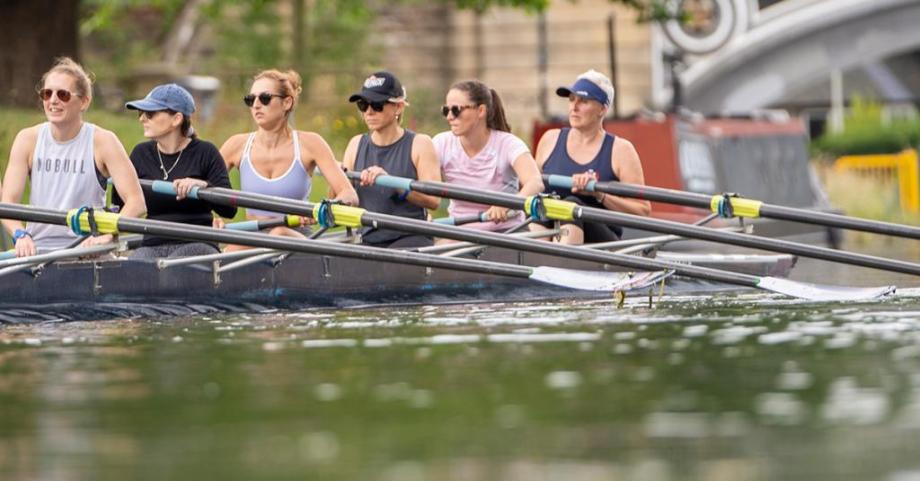The lessons I take from rowing into any workplace
The absolute joy felt when a boat is going well is like an addictive drug: I instantly want to feel the high again as soon as I begin to come down, and I'm willing to go through the pain once more to achieve it. But a great row takes more than just the desire for it - it takes loads of practice, a real cohesion of minds, a great cox and a hundred other things to go right - as with anything you and your team need to deliver effectively.
Rowing may look basic but it’s complex, technical and quite subtle: many of the hundreds of tweaks to improve your body movements, your stroke and the power you put down aren’t obvious and can barely be seen by the untrained eye. Thousands of hours’ experience has shown the coaches and coxes when to speak up, what to say, when and how, as they look at every part of a rower’s body, the mindset, and the boat itself. So many things can mean the difference between an average row and an excellent one. It requires collective focus, a ‘hive mind’ if you like.
It all reminds me of core things in our business, like processes
- Are they tight?
- Does everyone use them properly?
- Does everyone understand all the different areas where they need to put work in?
- Do people know when to speak up, do they have the right mindset?
Goals are crucial and need to work for your whole team
Not everyone wants to win a race or set a record. My goals are broader: I want to stay fit, improve my technique, be an asset to my crews and perform respectably against peers in two or three races a year. I know some rowers who obsess about winning races and pushing their PBs, and others who don't race at all and row primarily for the social side or to have a reason to be outdoors. I sit somewhere in the middle, so I wouldn't fit in with either of these crews as our goals aren't aligned.
So, for the best performance against any goal, and to have a happy crew it’s vital to know: does everyone actually have exactly the same goal front-of-mind and is it clear, motivating and realistic? Your leadership team will of course have different motivators from your frontliners, so make sure you really know why your team come to work each day.
Your top performers may not be the obvious ones
I’ve spotted that some people are very fit or put in way more hours at the club than others, but it doesn’t necessarily make them the best or fastest rowers. So, it makes me think about our business, the assumptions we make about people: who are our best performers? In rowing the super fit 18-25’s have raw power and youth on their side, and potentially the fastest times, but getting those records will take a lot of training … and there is hope for the rest of us: the winning crews don’t just make it look smooth, they probably understand the mechanics of it all, rowing at a slower stroke rate with more power. And a good older crew can deliver extremely high average power, great technique and higher endurance, even if they came to rowing later like me.
Rowing has definitely taught me the joy of a great day with a team, and as I get out of the boat and head to work it also makes me check my assumptions and look in greater detail at processes and people. I want to ensure that my teams have the right skill sets, that they’re working collaboratively and, just as in rowing, that we are all working towards the same goal.



